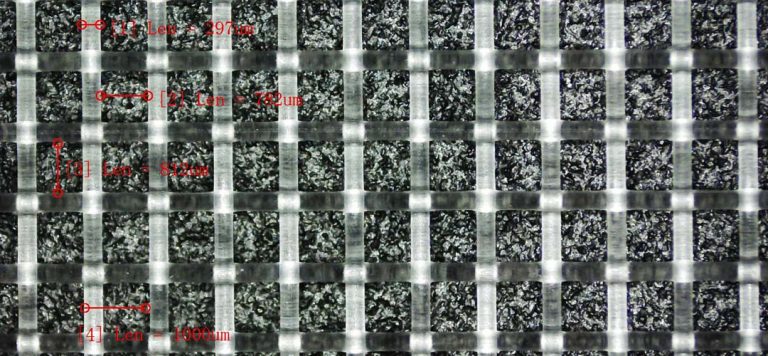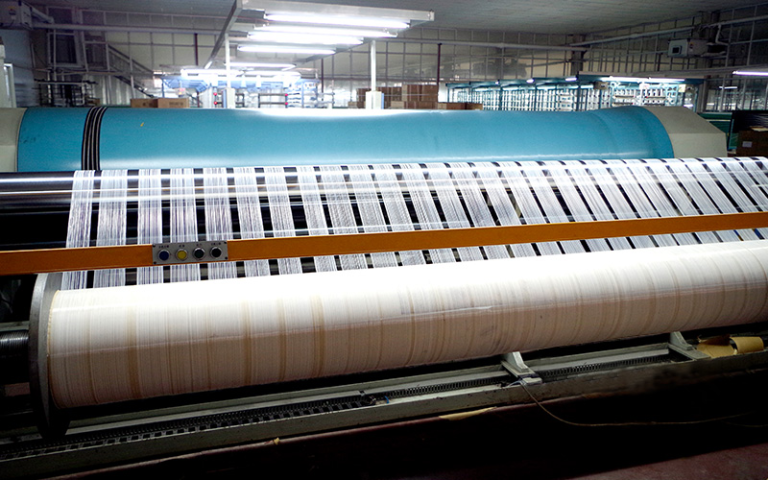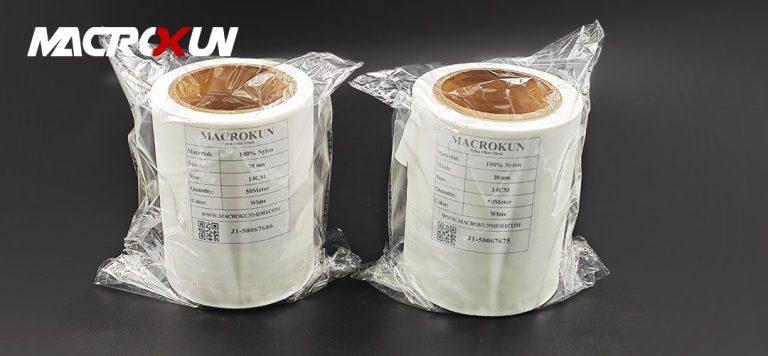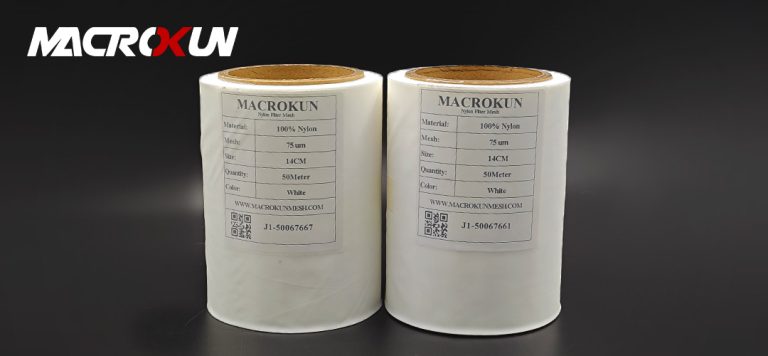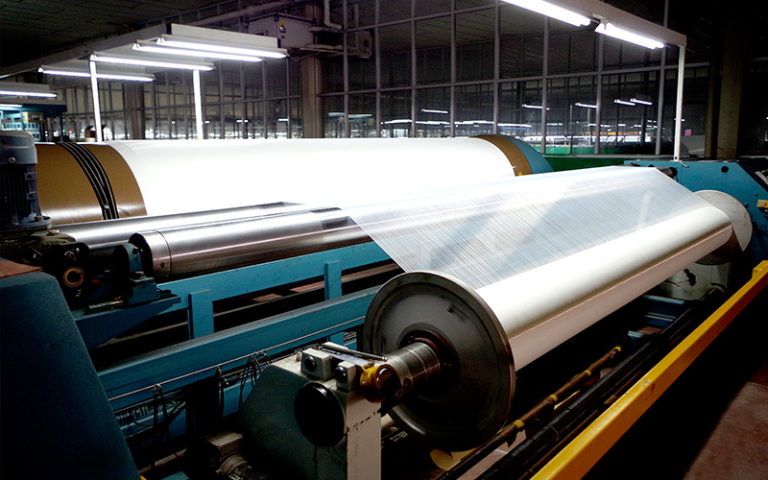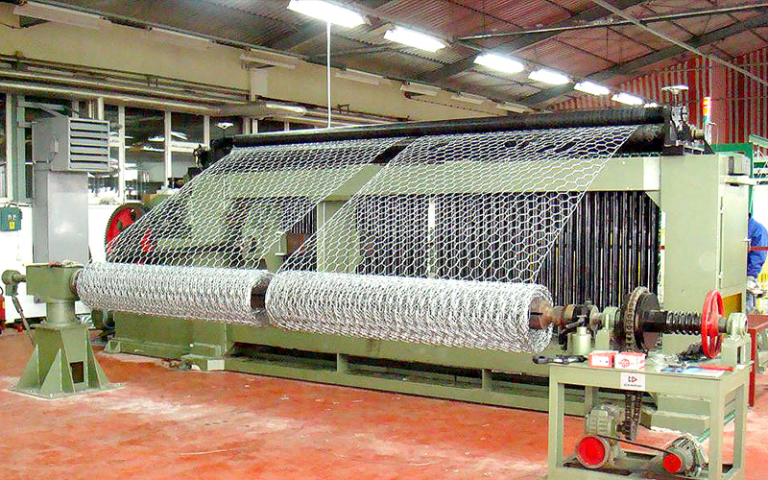Table of Contents
Different Types of nylon filter mesh
Nylon filter mesh is a versatile material that is commonly used in various industries for filtration purposes. It is known for its durability, flexibility, and resistance to chemicals and abrasion. There are different types of nylon filter mesh available in the market, each with its own unique features and applications.
One of the most common types of nylon filter mesh is monofilament nylon mesh. This type of mesh is made from a single strand of nylon fiber, which results in a smooth surface and uniform openings. Monofilament nylon mesh is ideal for applications that require high flow rates and excellent particle retention. It is commonly used in industries such as food and beverage, pharmaceuticals, and water treatment.
Another type of nylon filter mesh is multifilament nylon mesh. This type of mesh is made from multiple strands of nylon fiber twisted together, which results in a more porous and flexible material. Multifilament nylon mesh is ideal for applications that require high tensile strength and good dirt-holding capacity. It is commonly used in industries such as automotive, aerospace, and electronics.
In addition to monofilament and multifilament nylon mesh, there are also specialty nylon filter meshes available in the market. These include conductive nylon mesh, which is used in applications that require static dissipation, and antistatic nylon mesh, which is used in applications that require protection against electrostatic discharge. Specialty nylon filter meshes are designed to meet specific requirements and are often used in industries such as electronics, telecommunications, and medical devices.
When choosing a nylon filter mesh for your application, it is important to consider the mesh size, mesh opening size, and mesh thickness. The mesh size refers to the number of openings per linear inch, while the mesh opening size refers to the size of the individual openings. The mesh thickness refers to the diameter of the nylon fiber used to make the mesh. These factors will determine the filtration efficiency, flow rate, and dirt-holding capacity of the nylon filter mesh.
It is also important to consider the weave pattern of the nylon filter mesh. Common weave patterns include plain weave, twill weave, and Dutch weave. Plain weave is the simplest and most common weave pattern, while twill weave is more complex and offers better strength and stability. Dutch weave is a tight weave pattern that is ideal for applications that require fine filtration.
In conclusion, nylon filter mesh is a versatile material that is used in various industries for filtration purposes. There are different types of nylon filter mesh available in the market, each with its own unique features and applications. When choosing a nylon filter mesh for your application, it is important to consider factors such as mesh size, mesh opening size, mesh thickness, and weave pattern. By selecting the right type of nylon filter mesh, you can ensure efficient filtration and optimal performance in your application.
Key Features of Nylon Filter Mesh
Nylon filter mesh is a versatile material that is commonly used in a variety of industries for filtration purposes. It is known for its durability, flexibility, and resistance to chemicals and abrasion. In this comprehensive guide, we will explore the different kinds of nylon filter mesh available on the market and their key features.

One of the most important factors to consider when choosing a nylon filter mesh is the mesh size. Mesh size refers to the number of openings per inch in the mesh. The higher the mesh size, the smaller the openings, and the finer the filtration. Nylon filter mesh is available in a wide range of mesh sizes, from coarse to fine, to suit different filtration needs.
Another key feature of nylon filter mesh is its pore size. Pore size refers to the size of the individual openings in the mesh. The pore size of nylon filter mesh can vary depending on the manufacturing process and the intended use. It is important to choose a nylon filter mesh with the right pore size for your specific filtration requirements.
Nylon filter mesh is also known for its excellent chemical resistance. It can withstand exposure to a wide range of chemicals, making it ideal for use in industries where harsh chemicals are present. Additionally, nylon filter mesh is resistant to abrasion, making it a durable and long-lasting filtration solution.
In addition to its durability and chemical resistance, nylon filter mesh is also flexible and easy to work with. It can be easily cut to size and shaped to fit different filtration systems. Nylon filter mesh is also lightweight, making it easy to handle and install.

When choosing a nylon filter mesh, it is important to consider the temperature resistance of the material. Nylon filter mesh can withstand temperatures up to a certain point, beyond which it may degrade or lose its effectiveness. It is important to choose a nylon filter mesh with the right temperature resistance for your specific application.

Nylon filter mesh is available in different colors, including white, black, and green. The color of the mesh can affect its visibility and appearance, making it easier to monitor the filtration process. Some nylon filter meshes are also available with added UV resistance, making them suitable for outdoor use.
Overall, nylon filter mesh is a versatile and reliable filtration material that offers a wide range of benefits. From its durability and chemical resistance to its flexibility and ease of use, nylon filter mesh is an excellent choice for a variety of filtration applications. By understanding the key features of nylon filter mesh and choosing the right type for your specific needs, you can ensure efficient and effective filtration in your industry.
Applications of Nylon Filter Mesh
Nylon filter mesh is a versatile material that is commonly used in a variety of applications. Its durability, flexibility, and chemical resistance make it an ideal choice for filtering liquids and gases in a wide range of industries. In this comprehensive guide, we will explore the different kinds of nylon filter mesh available and their unique features.
One of the most common applications of nylon filter mesh is in the food and beverage industry. Nylon filter mesh is often used to filter out impurities and contaminants from liquids such as juices, wines, and oils. Its fine mesh size allows for efficient filtration without compromising the quality of the final product. Additionally, nylon filter mesh is easy to clean and maintain, making it a cost-effective solution for food and beverage manufacturers.
Another popular application of nylon filter mesh is in the pharmaceutical industry. Nylon filter mesh is used to filter out particles and impurities from pharmaceutical products, ensuring that they meet strict quality standards. Its high chemical resistance makes it suitable for filtering a wide range of substances, including acids, bases, and solvents. Nylon filter mesh is also autoclavable, making it an ideal choice for sterile filtration applications.
In the automotive industry, nylon filter mesh is commonly used in fuel and oil filtration systems. Nylon filter mesh is able to withstand high temperatures and pressures, making it an ideal choice for filtering out contaminants from engine oils and fuels. Its durability and long lifespan make it a cost-effective solution for automotive manufacturers looking to improve the performance and reliability of their products.
In the water treatment industry, nylon filter mesh is used to filter out impurities and contaminants from water sources. Nylon filter mesh is able to remove particles as small as a few microns, making it an effective solution for purifying water for drinking, irrigation, and industrial use. Its high flow rate and low pressure drop make it an efficient choice for water treatment plants looking to improve the quality of their output.
In the chemical industry, nylon filter mesh is used to filter out impurities and contaminants from a wide range of substances. Nylon filter mesh is able to withstand harsh chemicals and high temperatures, making it a versatile choice for chemical processing applications. Its fine mesh size and high filtration efficiency make it an ideal choice for separating solids from liquids and gases in chemical manufacturing processes.
Overall, nylon filter mesh is a versatile material that is used in a wide range of applications across various industries. Its durability, flexibility, and chemical resistance make it an ideal choice for filtering liquids and gases in food and beverage, pharmaceutical, automotive, water treatment, and chemical processing applications. Whether you are looking to improve the quality of your products or ensure the safety of your processes, nylon filter mesh is a reliable and cost-effective solution that can meet your filtration needs.

